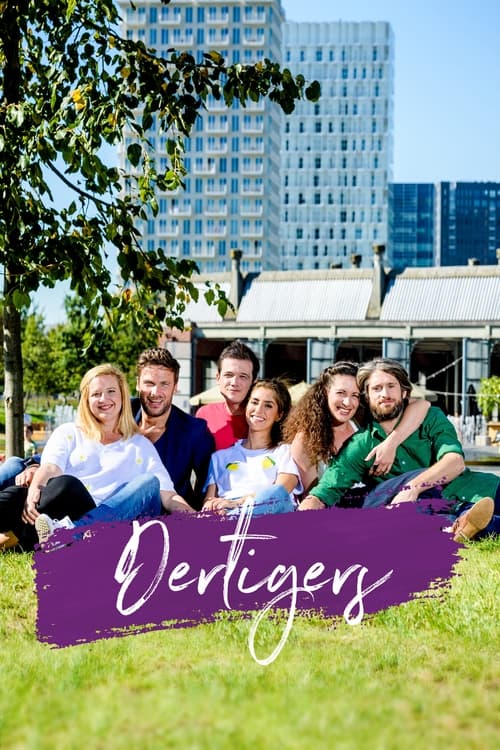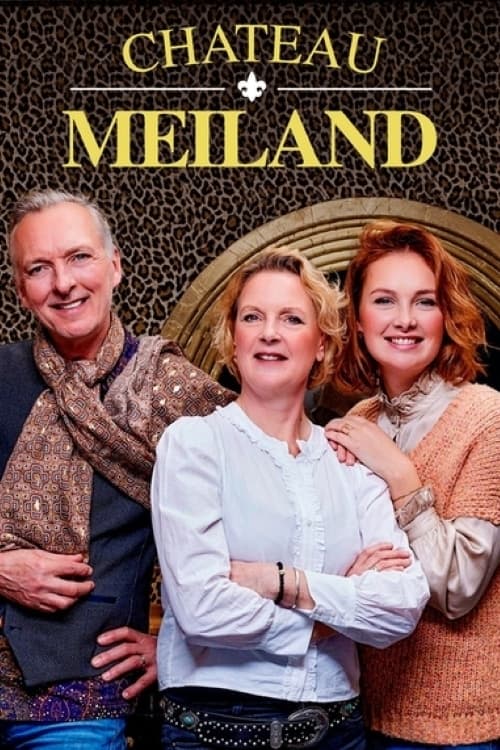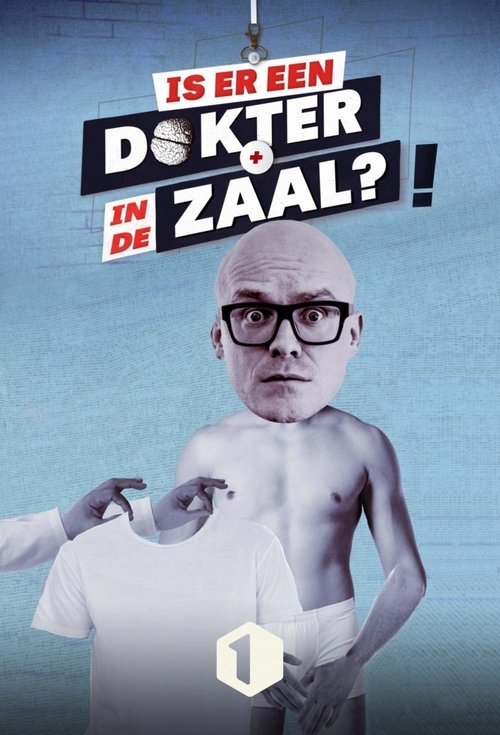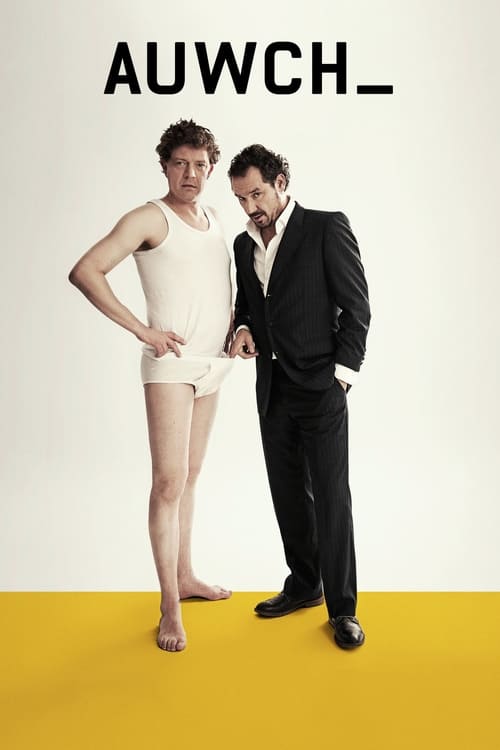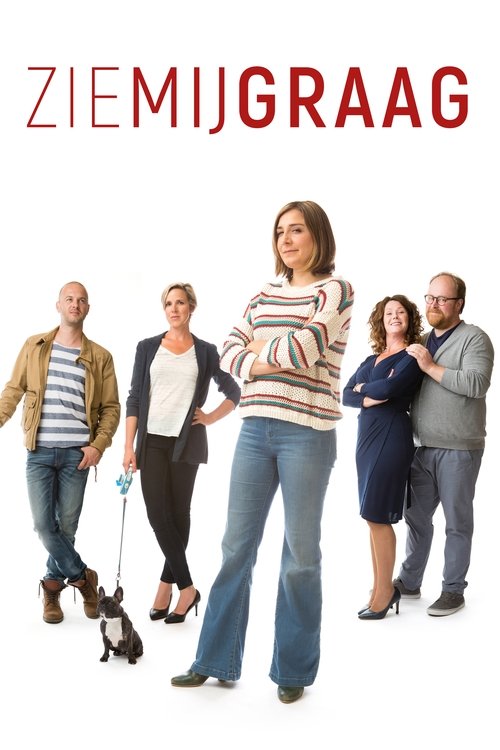
Ask Your Own Question
What is the plot?
In the opening scene of "Episode 16," the camera pans over the bustling streets of the city as the sun rises, casting a warm glow on the Ludwig family home. Inside, tensions are palpable as the family gathers for breakfast. Clara, visibly anxious, reveals that she has received an unexpected job offer in another city, which she is considering. Her parents, Hans and Ingrid, react with mixed emotions; Hans is supportive but worried about the distance, while Ingrid expresses her disapproval, fearing it will disrupt the family dynamic.
As breakfast continues, the conversation shifts to the upcoming family reunion, which Clara is hesitant to attend if she decides to take the job. This revelation leads to a heated argument between Clara and Ingrid, with Clara feeling suffocated by her mother's expectations. The scene ends with Clara storming out of the house, leaving her family in a state of shock.
The next sequence takes place at the local park, where Clara meets her best friend, Lena. Clara confides in Lena about her job offer and the conflict with her mother. Lena encourages Clara to pursue her dreams, emphasizing the importance of independence. Clara's internal struggle is evident as she grapples with her desire for freedom and her loyalty to her family. The scene is filled with emotional weight, showcasing Clara's vulnerability.
Meanwhile, back at the Ludwig home, Hans and Ingrid discuss Clara's future. Hans suggests they should support her decision, while Ingrid remains adamant that family comes first. This disagreement highlights the growing rift between the parents regarding their parenting styles. The tension escalates when Ingrid accuses Hans of being too lenient, leading to a passionate exchange about their differing values.
Later that day, Clara attends a family gathering at her grandparents' house, where the atmosphere is festive. However, Clara's mind is elsewhere as she contemplates her job offer. During dinner, her relatives share stories of their own life choices, which further complicates Clara's feelings. She feels the weight of their expectations and begins to question her own desires. The scene is filled with laughter and warmth, contrasting sharply with Clara's internal turmoil.
As the evening progresses, Clara's grandmother, sensing her distress, pulls her aside for a heart-to-heart conversation. The grandmother shares her own experiences of pursuing dreams and the importance of balancing family and personal aspirations. This moment of connection provides Clara with clarity, but she remains torn between her ambitions and her family's needs.
The following day, Clara makes the decision to visit her parents and discuss her job offer openly. The scene is tense as she sits them down, revealing her choice to accept the job. Hans is supportive, but Ingrid's reaction is explosive. She accuses Clara of abandoning the family and threatens to cut ties if she goes through with it. Clara, hurt and frustrated, stands her ground, asserting her right to make her own choices.
In a pivotal moment, Clara storms out of the house again, this time feeling a mix of anger and determination. She seeks solace at Lena's apartment, where they brainstorm ways to help Clara communicate her feelings to her mother. Lena suggests writing a letter, which Clara reluctantly agrees to do. This scene emphasizes Clara's desire for reconciliation while still asserting her independence.
As the episode nears its climax, Clara returns home to find Ingrid waiting for her. The atmosphere is charged with unresolved emotions. Ingrid hands Clara the letter she wrote, expressing her own fears and hopes for her daughter. This moment of vulnerability from Ingrid softens Clara's heart, and they engage in a heartfelt conversation about their dreams and fears.
The episode concludes with Clara making a decision to take the job but promising to stay connected with her family. The final scene shows her packing her belongings, a mix of excitement and sadness on her face. As she leaves the house, she glances back, a bittersweet smile on her lips, symbolizing her commitment to both her family and her future. The camera fades out, leaving viewers with a sense of hope and unresolved tension for the future.
What is the ending?
In the ending of "De Ludwigs," Season 4, Episode 16, the family faces the consequences of their actions throughout the season. Tensions reach a boiling point as secrets are revealed, leading to a dramatic confrontation. Ultimately, the family members come to terms with their differences, leading to a bittersweet resolution where they reaffirm their bonds despite the chaos.
As the episode unfolds, the scene opens in the family home, where the atmosphere is thick with tension. The camera pans across the living room, capturing the worried expressions of the Ludwigs as they gather for what feels like a final confrontation. The eldest son, Max, stands at the center, his brow furrowed with concern. He has been grappling with the weight of family expectations and his own aspirations, and this moment feels pivotal.
The scene shifts to the kitchen, where the matriarch, Ingrid, is preparing a meal, her hands moving mechanically as she reflects on the family's recent turmoil. She is torn between her desire to maintain harmony and the realization that the truth must come out. Her internal struggle is palpable, and the audience can sense her fear of losing her family.
As the family gathers around the dining table, the atmosphere is charged. Max takes a deep breath and begins to speak, his voice steady but filled with emotion. He addresses the secrets that have been festering, particularly the hidden financial troubles that have put a strain on their relationships. The camera captures the reactions of each family member--shock, anger, and sadness--as they process the revelations.
Ingrid, unable to hold back any longer, reveals her own struggles with feeling inadequate as a mother and wife. Her vulnerability resonates with the others, and one by one, they begin to share their own fears and disappointments. The scene is filled with raw emotion, as the family members confront their past mistakes and the impact those mistakes have had on their relationships.
The climax of the episode occurs when the youngest daughter, Lena, stands up, tears streaming down her face. She expresses her feelings of being overlooked and unheard, which prompts a wave of guilt among the family. This moment serves as a catalyst for change, as the Ludwigs realize that they have been so focused on their individual struggles that they have neglected the importance of communication and support.
As the confrontation reaches its peak, the family members begin to embrace one another, tears of reconciliation flowing freely. They acknowledge that while their problems are far from resolved, they are committed to working through them together. The camera captures the warmth of their embrace, symbolizing a renewed sense of unity.
In the final scene, the family sits together at the table, sharing a meal. The atmosphere is lighter, filled with laughter and tentative hope. Max raises a toast, expressing gratitude for their bond and the strength they find in one another. The episode closes with a wide shot of the family, their silhouettes framed against the warm glow of the kitchen lights, signifying a new beginning.
In summary, the fates of the main characters are intertwined as they navigate their individual struggles while reaffirming their commitment to one another. Max finds a sense of purpose in leading the family towards healing, Ingrid learns to embrace her vulnerabilities, and Lena steps into her voice, ensuring she is heard. The episode ends on a hopeful note, suggesting that while challenges remain, the Ludwigs are ready to face them together.
Is there a post-credit scene?
In "Episode 16" of "De Ludwigs," there is indeed a post-credit scene that adds a humorous twist to the episode's conclusion. The scene opens with a dimly lit kitchen where the family is gathered after a long day. The camera focuses on the youngest Ludwig, Max, who is attempting to bake a cake for his mother's birthday.
As he mixes ingredients, flour clouds the air, and he accidentally spills a bowl of eggs, creating a comical mess. The family watches in a mix of amusement and concern, with the eldest sibling, Clara, rolling her eyes but unable to suppress a smile. Their father, Hans, tries to offer guidance, but his instructions only confuse Max further, leading to a series of slapstick moments.
The scene shifts to the family dog, Bruno, who sneaks in and devours the remnants of the spilled cake batter, causing Max to scream in mock horror. The camera zooms in on Bruno, who looks up with a guilty yet satisfied expression, and the family bursts into laughter.
As the laughter fades, the screen fades to black, but not before a final shot of Max, covered in flour, grinning sheepishly at the camera, encapsulating the chaotic yet loving spirit of the Ludwig family. This light-hearted moment serves as a reminder of the warmth and humor that defines their relationships, leaving viewers with a sense of joy and anticipation for what's to come in future episodes.
What is the significance of the flashback scenes in this episode?
The flashback scenes in Episode 16 provide crucial context for the current conflicts, revealing past events that shaped the characters' relationships. These moments deepen the audience's understanding of the Ludwigs' dynamics, particularly the history between Hans and their neighbors, which adds layers to the ongoing dispute.
How does the episode address the theme of family loyalty?
In Episode 16, family loyalty is tested when one of the Ludwigs, specifically Franz, must choose between supporting a family member or siding with a friend. His internal struggle highlights the importance of family bonds, culminating in a touching scene where he reaffirms his commitment to his family.
What conflict arises between the Ludwigs and their neighbors in this episode?
In Episode 16, tensions escalate between the Ludwigs and their neighbors over a property dispute that leads to a series of misunderstandings and comedic confrontations. The Ludwigs, particularly Hans, feel their privacy is being invaded, while the neighbors believe they are simply trying to improve the community.
What role does the family pet play in the events of this episode?
The family pet, a mischievous dog named Max, inadvertently causes chaos during a neighborhood gathering. His antics lead to a series of humorous mishaps that ultimately bring the community together, showcasing the theme of unity amidst chaos.
How does Greta's character develop in this episode?
Greta experiences significant growth in Episode 16 as she confronts her insecurities about her career. She takes a bold step by presenting her new business idea to the family, seeking their support, which leads to a heartfelt moment of acceptance and encouragement from her parents.
Is this family friendly?
"De Ludwigs," season 4, episode 16, contains several themes and scenes that may be considered objectionable or upsetting for children or sensitive viewers.
-
Family Conflict: The episode features intense family arguments that may be emotionally charged, showcasing the struggles of communication and understanding within the family unit.
-
Emotional Turmoil: Characters experience significant emotional distress, including feelings of betrayal and sadness, which could be heavy for younger viewers to process.
-
Mature Themes: There are underlying themes of loss and disappointment that may resonate deeply, potentially leading to discomfort for sensitive audiences.
-
Dramatic Tension: The episode builds tension through confrontational scenes that may be unsettling, as characters confront their fears and insecurities.
-
Romantic Relationships: There are elements of romantic tension and complications that might not be suitable for younger viewers, as they explore adult relationship dynamics.
These aspects contribute to a narrative that, while rich in character development and emotional depth, may not be entirely family-friendly.










